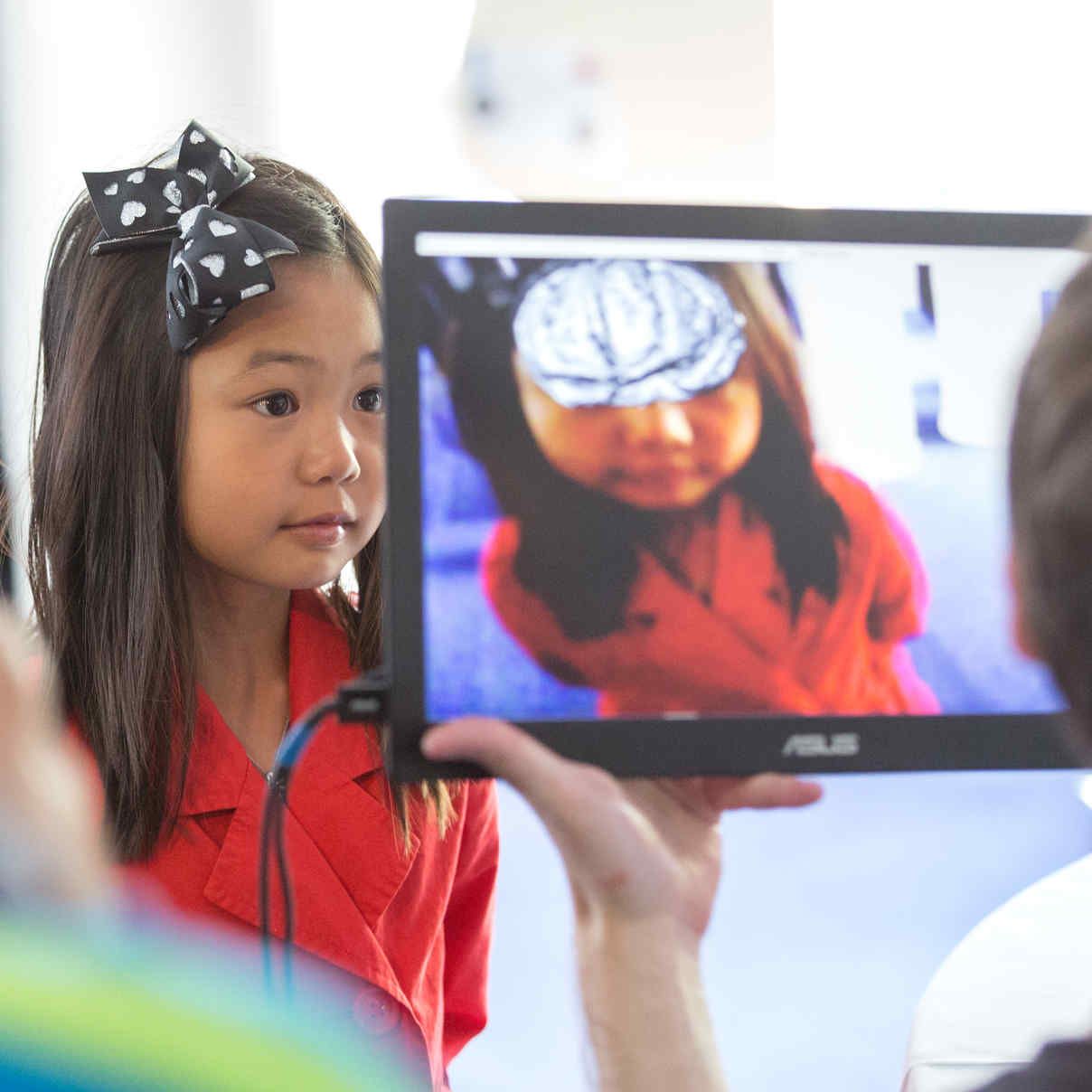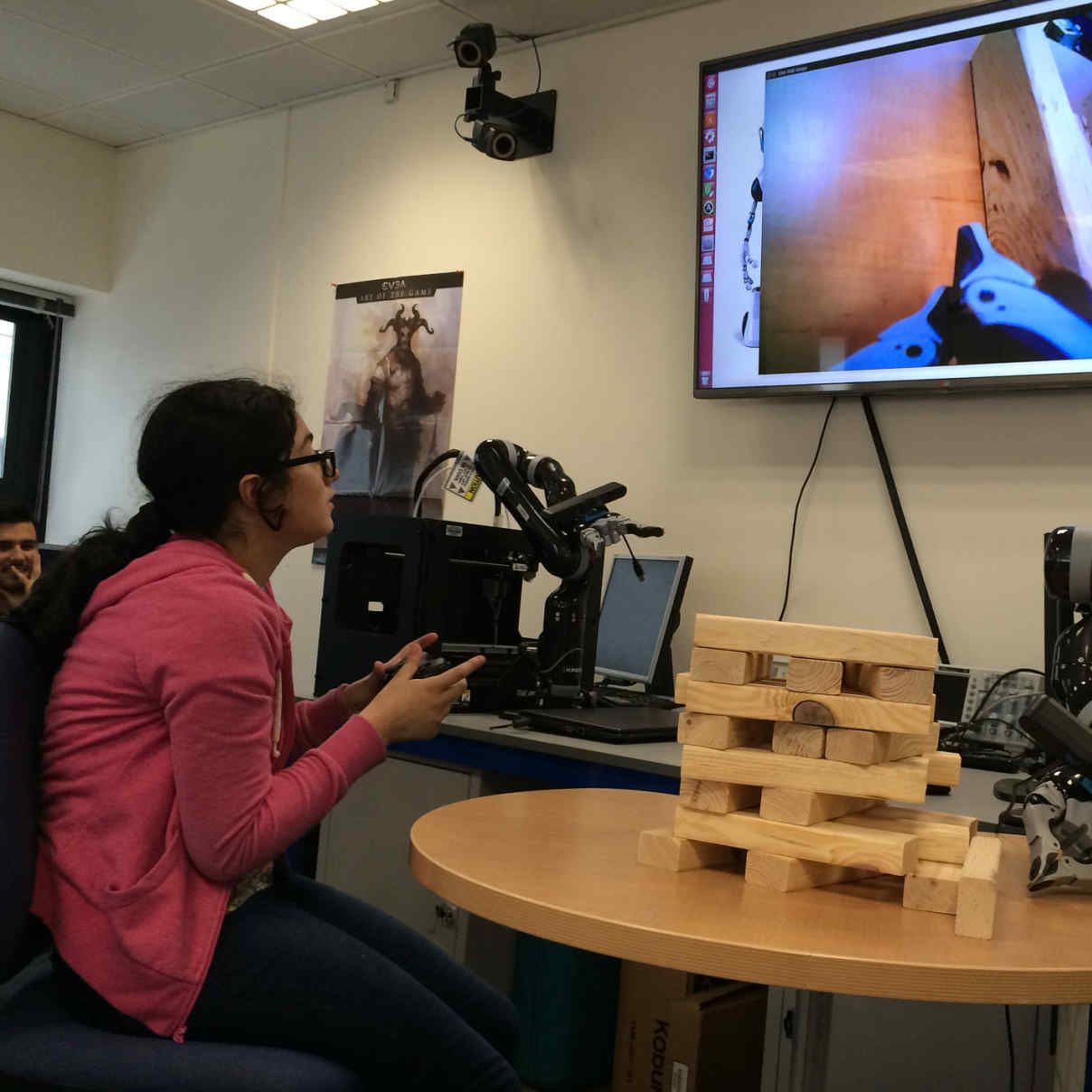Optimising intermodal routes to minimise congestion and emissions
As an aerospace engineer and now a computer scientist, Dr Paccagnan has always been interested in modeling real world problems and optimizing corresponding behaviors. "I am particularly interested in future mobility, and how we can use computing to better inform the way we travel."
"One of the big questions I am trying to answer with my research is ‘How can we better coordinate different modes of transport (trains, buses, self-driving cars, bicycles, etc.) to fully minimise congestion and emissions within big cities?"
Using big data, Dr Paccagnan and his team are constructing mathematical models describing how people travel around a city, with the aim of developing routing strategies that optimize congestion.
Still, once an optimal routing is found, incentivising humans to follow this route is no easy task. "Our aim is to provide quantitative insight to better inform policymakers. For example, if we were to coordinate intermodal traffic, could we reduce CO2 emissions by a significant amount? Would such coordination entail slowing every person down? If so, would everyone be happy with this trade-off? These are questions that can very quickly become political, and it would be up to policymakers to decide how to best implement the findings of our research."
How does this idea work in practice?
In contrast to existing research, Dr Paccagnan is not just looking at one form of traffic, he and his team are looking across multiple modes of transport to optimise combinations of travel. The idea of optimising intermodal transport is something quite new:
"Constructing incredibly detailed models that perfectly describe reality requires a lot of in-depth research, and such models are often too complicated to allow for route optimization. On the contrary, finding optimal routing for simpler models that use only one mode of transport for example, already exist. However, optimising multi-modal routing is an underexplored region sitting at the interface of these two corners, definitely something we are interested in pursuing."
While investigating this problem, the first step is to consider what congestion and emission gains could be achieved if it were possible to control the routing choice of every person. For example, the way people move around cities, the mode of transport they choose to use and the times they decide to travel. A first major challenge lies in designing algorithms capable of solving these large-scale optimization problems. Once such algorithms are in place, we can provide estimates of the achievable reduction in congestion and emission and present these to policymakers.
However, implementing this optimal solution might not always be practical, as citizens might not like the idea of being suggested when to travel, and by what means. This brings us to the next step: If we cannot achieve the optimal solution in practice, what can be achieved by incentivising our citizens?
What incentives can be used to encourage greener travel?
Dr Paccagnan’s long-term goal is to develop mechanisms to incentivise behaviours that reduce carbon emissions. There are a number of ideas and techniques already being used to help reduce congestion and emissions, such as introducing congestion and emission zones to busy areas of the city. One natural way to incentivise desirable behavior is to implement tolling schemes and congestion pricing schemes, but another way would be to reward people for the choices they make on the road. For example, by rewarding them for taking less congested journeys at off-peak times.
Most of the incentives that have been considered so far in the literature are monetary, and come with their own challenges. If we were to give everyone a fixed allowance of transport coins or artificial ‘Karma points’ (1) for example, people who need to travel more would feel disadvantaged. Would it then be fair for everyone to get the same number of coins, regardless of their earnings or how far or often they need to travel?
This very quickly becomes a social economical problem, which is why it is an interesting challenge. There are considerable questions that go beyond computation, and it is important to take all perspectives into consideration. Computer scientists, economists, policymakers, and other specialists are needed to work together to solve problems like these, to benefit all of humankind and protect our fragile planet.
Next steps, and a vision towards a net-zero future...
Dr Paccagnan and his collaborators are largely using US-based data to drive their research. By acquiring more data from the UK (United Kingdom) they could refine their algorithms and provide insight that applies to our specific transport system.
"The big question we would like to answer is ‘How can we reduce congestion and emissions through intermodal coordination?’"
"In the short term, our goal is to provide quantitative data to help inform policymakers to make the right decisions at a political level. The longer-term goal is to determine how we can implement this in practice. If our research shows that we can significantly reduce congestion and emission, then how do we encourage people to do this? What are the incentives that we can put in place to make this work?
Preliminary results tell a promising tale, but we still do not grasp the complete potential that our research might have. This is what makes it exciting!"
(1) Science Direct
Contact
If you would like to know more about our outreach and public engagement,
email doc-outreach@imperial.ac.uk.



